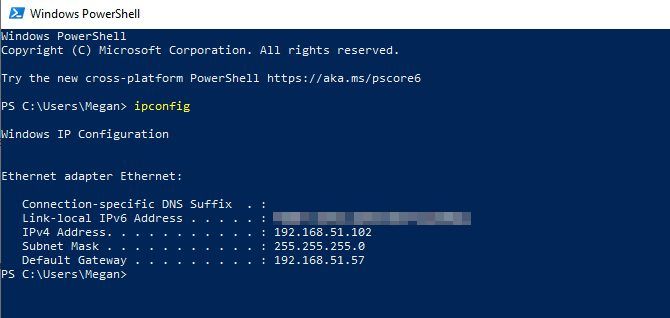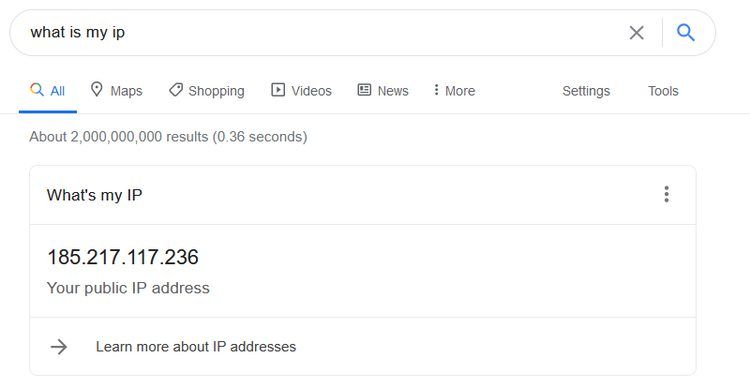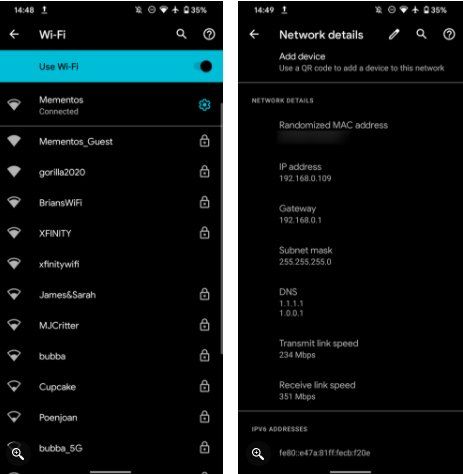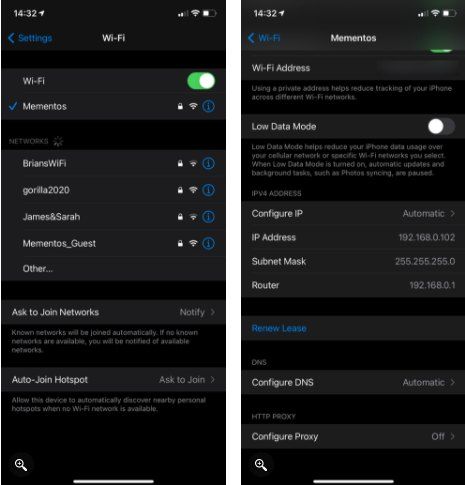What Are Public and Private IP Addresses — Definitions, Differences, and Uses
It is essential to understand the difference between private and public IP Addresses. In This Article, We Will Review The Differences And explain How These Two Types Of IP addresses Work.
Regarding IP addresses, the “public” and “private” address spaces may seem familiar. Explaining these two terms may seem confusing if you are unfamiliar with them, but understanding them is essential.
Before explaining private and public IPs, it is better to discuss how they work. This article compares public and private IP addresses to explain how these protocols work on the modern Internet.
What is an IP address?
Before examining private and public IP addresses, Mikozu suggests that we first read the IP address. An IP address stands for “Internet Protocol Address” and, as its name implies, is a numeric address used to identify computers and other devices on a network.
You may have assigned a name to your computer to identify your device. Of course, computers work better with numbers. Therefore, when your computer tries communicating with another device or computer on the network or the Internet, it will send the information to that destination’s IP address. Today, we still generally use IPv4 addresses in the 192.168.10.1 format.
For example, when you send a letter to a specific address in a region, the IP address enables the computer to send the data to the recipient. When you visit a website, your computer connects to the web server’s IP address to download content.
What is a public IP address?
A public IP address points your home network to the rest of the Internet. Because most personal networks use a router to connect to the Internet, your router’s public address is reserved.
Then, since all your home devices are connected to the Internet through the router, they use the router’s public IP address when going online.
It does not matter what device you use, a desktop, a phone, a smart home device, or …, because it will make the Internet connection through your public IP. Each computer can also use its public IP to access the router.

Some users pay extra for Internet Service Providers (ISPs) to get a fixed IP address, which most users probably do not need. If you have not purchased a static IP address, your public IP address will be dynamic. This means that your ISP uses a new IP address to connect to the Internet and changes it from time to time.
It is historical because, in the early days of the Internet, most people only briefly connected to the network. It should be noted that assigning a fixed IP address to each user is not reasonable if their connection time is not long enough. Public IP addresses are also called global or foreign IPs. All of these terms ultimately refer to the same meaning.
What is a Private IP Address?
A private IP address is only used by devices inside your home network; other devices on the Internet outside your home will not have access to these addresses. Instead, a private IP address connects the home network’s internal devices; Therefore, your router knows where to send the received information.
Private IP addresses on the home network are also used on thousands of other networks. For example, the IP address of your smartphone on your home network may be 192,169,100.17. This address is not unique, and people in your neighborhood may use the same private IP address to connect their devices to the router and, eventually, the Internet.

It is worth noting that these addresses do not overlap because they are used in separate networks. If you have two identical IP addresses on a private network, you will have an IP conflict. In addition, personal IP addresses may be known as local IPs or internal IPs, but in the end, the meaning of all these terms is the same.
How do public and private IP addresses work together?
To illustrate the difference between private and public IP addresses, if you lived on campus and wanted to send a letter to the holder of box 561, you could write “box 561” on the envelope and drop it in the university mailbox. Then, the staff would quickly deliver your mail to the recipient.
However, if you lived off-campus and wanted to send a letter to the owner of box 561, you could not just put the word “box 561” in the envelope and put it in the standard mailbox. Post staff, in this case, do not know to which building the letter should be sent because there are 561 fund locations in the country.
If you did not enter the fund number, the post office staff would not know which fundholder at the university is the primary recipient of the letter. Instead, you should send the letter to the address of the university building and use the phrase “Box 561” to continue the lesson.
In this example, the address of the university building is similar to the public IP address, while the student fund number acts as a private IP address.
NAT and the evolution of the Internet Protocol
NAT, “Network Address Translation,” is a crucial term for in-home networks associated with private and public IP addresses. Then NAT allows your router to share a public IP address with many private IP addresses.
Your router uses NAT to track incoming traffic and then send it to the device on your network. For this reason, you can play online games while one instrument plays music from another input, in which case both operations will work properly.
NAT is critical because IP addresses under IPv4, the current version of the Internet Protocol, are gone. There are just over four billion potential IP addresses, and due to the large number of Internet-connected devices worldwide, the stock of unused IPs has been depleted.
The solution to this problem is to use IPv6, which can be considered a new generation of the Internet protocol. This protocol uses 128-bit (2 128 ) addresses and has ample space to provide many IP addresses (3.4 times 10 to the power of 38). This figure is so significant that it is impossible to understand. Our IPv6 addresses will not run out for very long. An example of a version 6 IP address is: 2001: db8: 8a2e: 370: 7334.
How do you find your public and private IP addresses?
Finding both types of IP addresses for Internet-connected devices is not easy, and most of the time, you do not need to worry about it. However, there are situations where knowing the IP address is essential.

- Speed up browsing with a few clicks: Learn about DNS.
To check the public IP address of your home network, you can enter the phrase “What’s My IP” in the Google search engine. After entering the words, Google will show you a box containing your public IP address.
Note that this address may change occasionally, so if you try to get your public IP again in a few days or weeks, you will probably come across a new address, and you should not be too surprised.
Finding your private IP address depends on the platform you are using. The following methods work for smartphones running Android and iOS operating systems.
Find the IP address in Android.
- First, enter the settings of your Android phone and then go to Network & Internet> Wi-Fi.
- If you are not already connected to the Wi-Fi network, tap the network name you want and connect to it.
- Tap the network name and enter the Advanced section.
- This section can view your IP address and other network information.

Find an IP address in iOS.
- Go to Settings> Wi-Fi.
- If you are not already connected to your home network, tap the network name you want to connect to.
- Tap on the network name and open the Options section to show you the network information.
- In this section, you can see the IP address under the heading IPv4 Address.

Private and public IP addresses make the Internet work.
Both private and public IP addresses are essential; in most cases, they work correctly without user intervention. Understanding how both IP addresses work will help you better understand how the Internet works.
Public IPs allow all local area networks to be widely identified on the Internet, while private IP addresses reduce the use of IPv4 addresses. As a result, your router can manage the traffic of all your home devices.
FAQ
What is a public IP address?
A public IP address is a globally unique address assigned by your ISP that identifies your network on the internet and enables external communication.
What is a private IP address?
A private IP address is assigned by your router to devices within a local network and is used only for internal communication, not directly accessible from the internet.
How do public and private IP addresses work together?
Devices inside a local network use private IPs, and a router uses NAT to translate those into a public IP for internet access, allowing many devices to share one public address.
